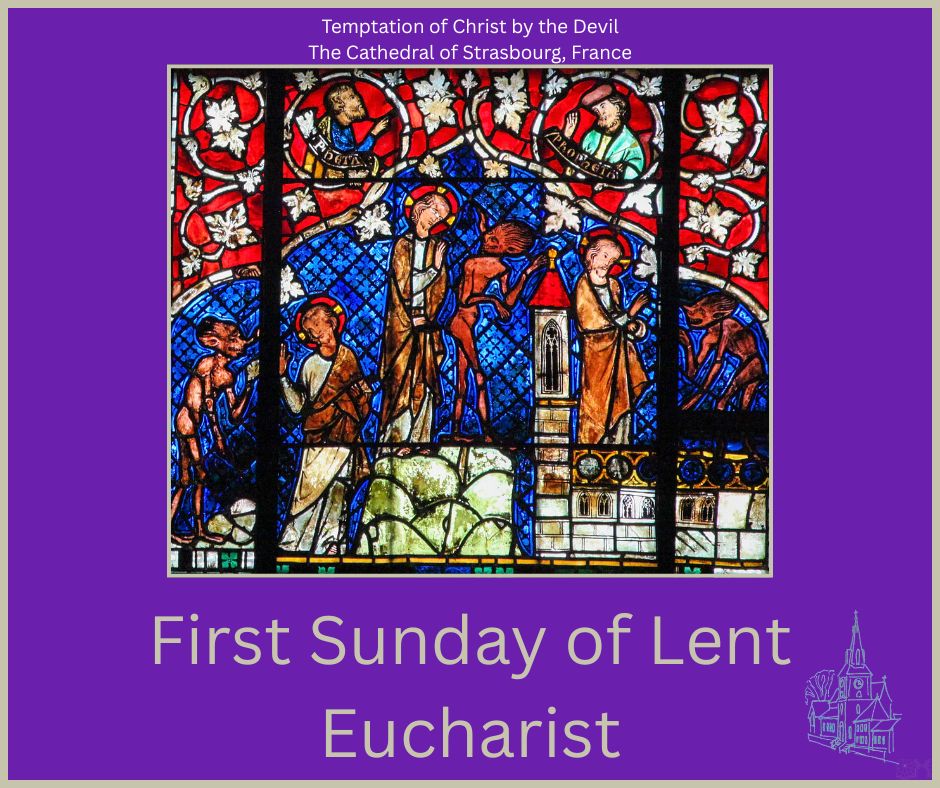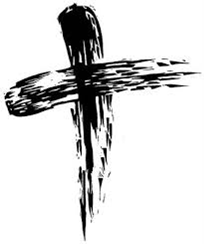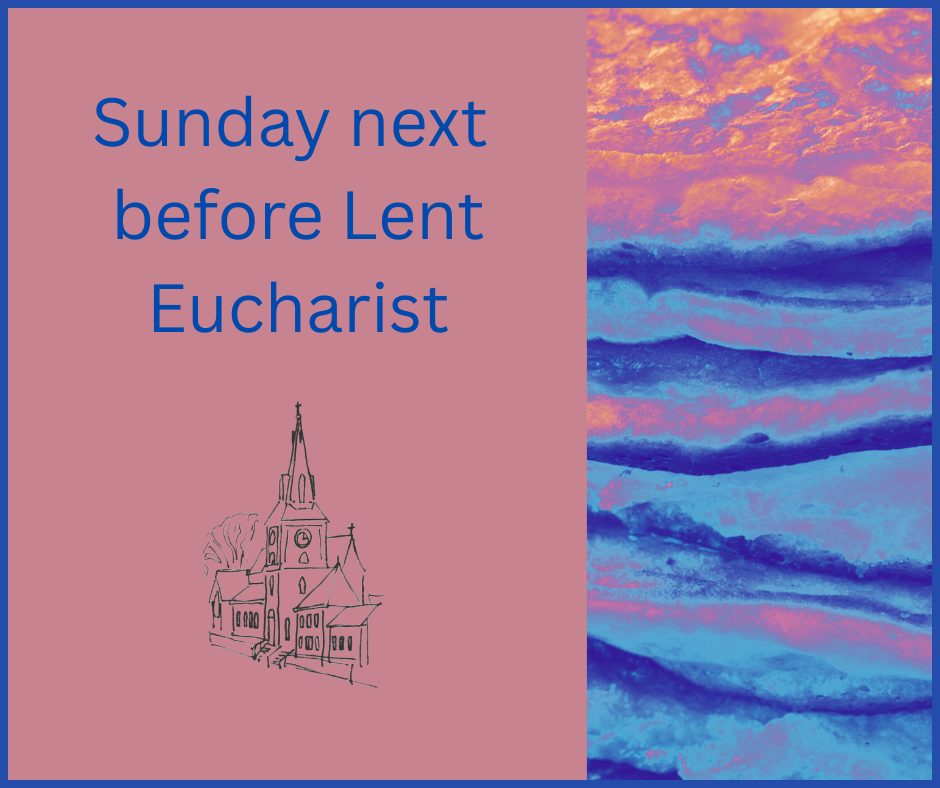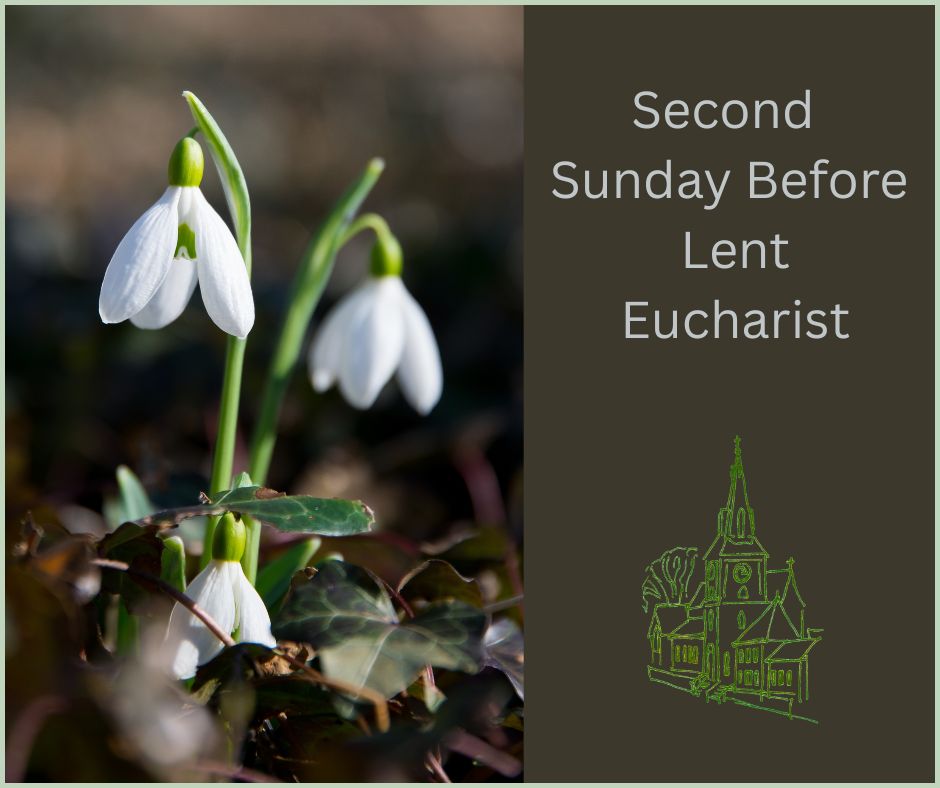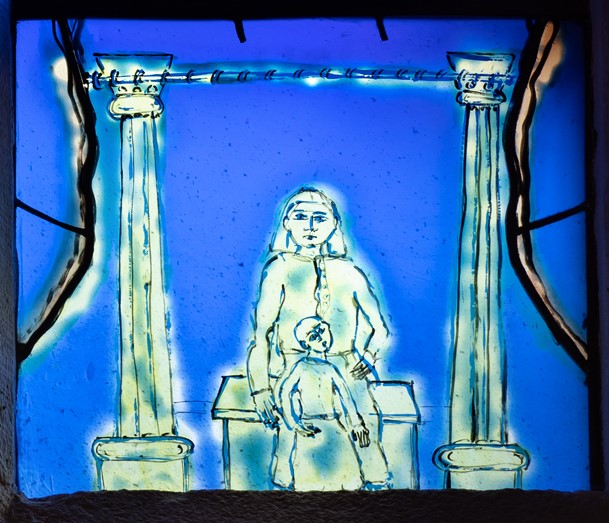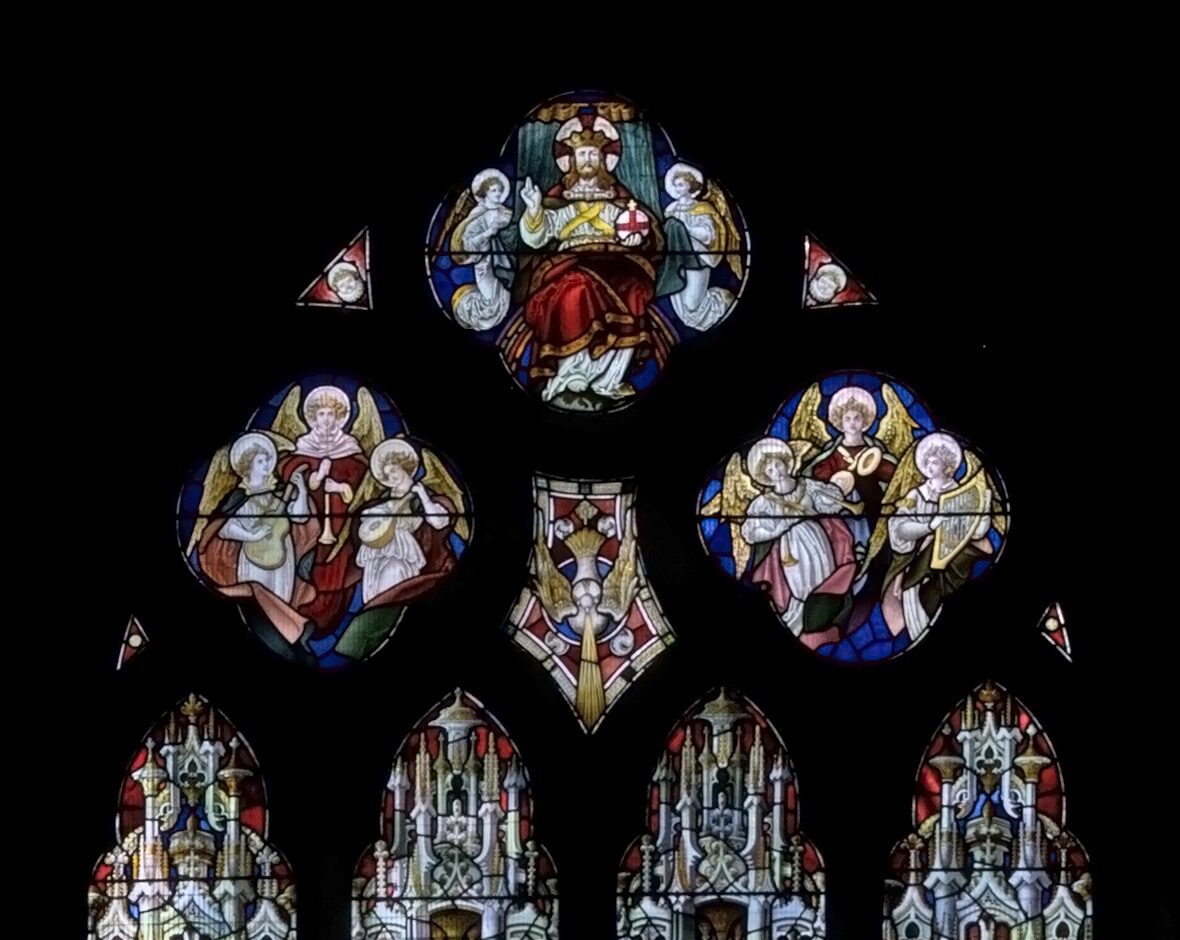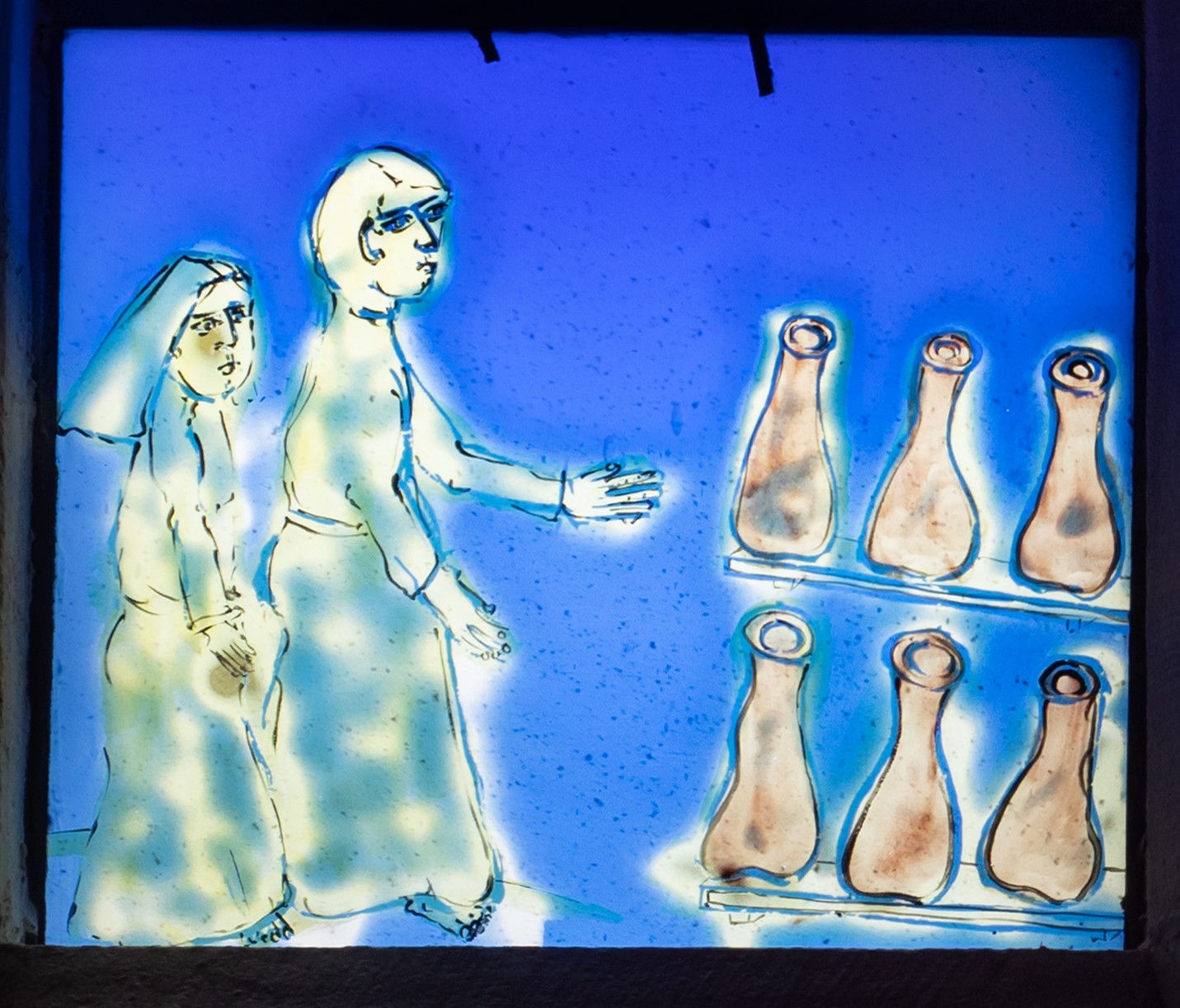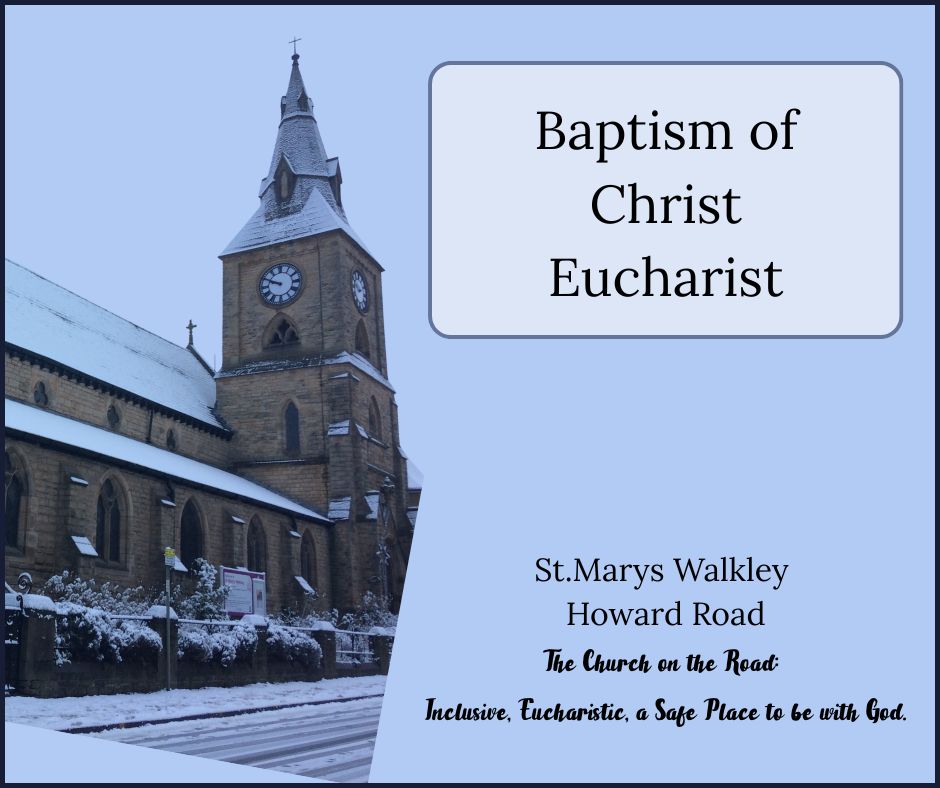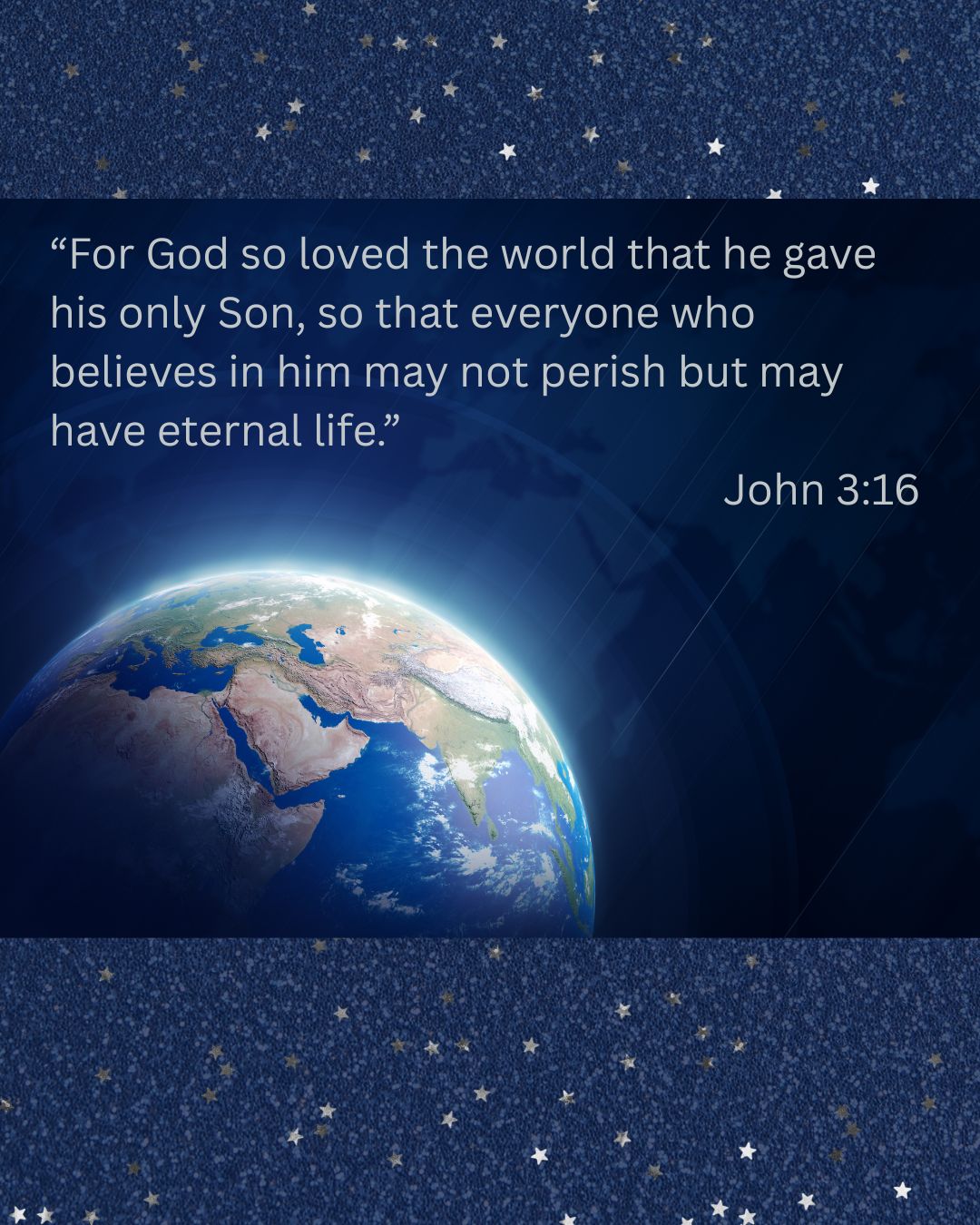
Watch this week's service on YouTube
Download the order of service here - 26 03 01 The Second Sunday of Lent Eucharist
Read this week's Church News
The Readings.
Romans 4:1-5, 13-17
What then are we to say was gained by Abraham, our ancestor according to the flesh? For if Abraham was justified by works, he has something to boast about, but not before God. For what does the scripture say? “Abraham believed God, and it was reckoned to him as righteousness.” Now to one who works, wages are not reckoned as a gift but as something due. But to one who without works trusts him who justifies the ungodly, such faith is reckoned as righteousness.
For the promise that he would inherit the world did not come to Abraham or to his descendants through the law but through the righteousness of faith. If it is the adherents of the law who are to be the heirs, faith is null and the promise is void. For the law brings wrath; but where there is no law, neither is there violation. For this reason it depends on faith, in order that the promise may rest on grace and be guaranteed to all his descendants, not only to the adherents of the law but also to those who share the faith of Abraham (for he is the father of all of us, as it is written, “I have made you the father of many nations”) —in the presence of the God in whom he believed, who gives life to the dead and calls into existence the things that do not exist.
John 3:1-17
Now there was a Pharisee named Nicodemus, a leader of the Jews. He came to Jesus* by night and said to him, ‘Rabbi, we know that you are a teacher who has come from God; for no one can do these signs that you do apart from the presence of God.’ Jesus answered him, ‘Very truly, I tell you, no one can see the kingdom of God without being born from above.’* Nicodemus said to him, ‘How can anyone be born after having grown old? Can one enter a second time into the mother’s womb and be born?’ Jesus answered, ‘Very truly, I tell you, no one can enter the kingdom of God without being born of water and Spirit. What is born of the flesh is flesh, and what is born of the Spirit is spirit.* Do not be astonished that I said to you, “You* must be born from above.”* The wind* blows where it chooses, and you hear the sound of it, but you do not know where it comes from or where it goes. So it is with everyone who is born of the Spirit.’ Nicodemus said to him, ‘How can these things be?’ Jesus answered him, ‘Are you a teacher of Israel, and yet you do not understand these things?
‘Very truly, I tell you, we speak of what we know and testify to what we have seen; yet you* do not receive our testimony. If I have told you about earthly things and you do not believe, how can you believe if I tell you about heavenly things? No one has ascended into heaven except the one who descended from heaven, the Son of Man.* And just as Moses lifted up the serpent in the wilderness, so must the Son of Man be lifted up, that whoever believes in him may have eternal life.*
‘For God so loved the world that he gave his only Son, so that everyone who believes in him may not perish but may have eternal life.
‘Indeed, God did not send the Son into the world to condemn the world, but in order that the world might be saved through him.
The Sermon
Prepared by The Revd Shan Rush.
The Prayers
Prepared by Kath.
God our Father, hear us when we pray to you in faith.
We give you thanks for this day and the many gifts you give to us every day of our lives. May we take time to realise what we have, especially all the beauty that is in the world and to appreciate it with heartfelt gratitude.
Lord in your mercy,
Hear our prayer.
We pray for your church throughout the world, giving thanks for all who keep it going, especially those in places where faith in you is opposed or persecuted or derided.
We give thanks for all who give of their time, talents and resources to make St Mary’s, St Mark’s and St John’s the special places they are and we pray for our respective communities that we seek to serve. Especially we pray for all our local businesses, service providers and societies who make our communities what they are.
We pray for everyone including ourselves on our Lenten journey, that it may be a meaningful time drawing us closer to you in both our prayers and in the stuff of everyday life.
Lord in your mercy,
Hear our prayer.
We pray for our very troubled and turbulent world, for all peoples, communities and nations who face injustice and great distress through war, oppression, disaster or need. As we mark the fourth anniversary of the invasion of Ukraine by Russia, we pray especially for the peoples of both nations who are suffering so greatly and pray that a way to attain a just and lasting peace will soon be found. We pray for all, especially those in positions of leadership and influence who are working for justice and genuine peace in all parts of the world. Lord give them strength, wisdom, courage and humility and look kindly on their efforts.
We give thanks for the truly uplifting and inspiring way in which the Winter Olympic Games have taken place. May this spirit be an encouragement for all involved in similar future events be they local, national or international.
Lord in your mercy,
Hear our prayer.
We pray for all who are ill or unwell at this time. May they be lovingly supported as they navigate the changes and challenges they face as a result of their illness. We pray also for those who will be alongside them that they too will be supported and cared for. By name let us pray for Viv, Nic & Sue. In a few moments of quiet we call to mind anyone known to us who is in particular need of our prayers and let us also bring before God our own needs and concerns.
Lord in your mercy,
Hear our prayer.
We remember those who have died, some recently and some long ago. May they rest in peace and may all who mourn and miss them be comforted and find their own peace.
Especially may we pray for
Lord in your mercy,
Hear our prayer.
Merciful Father, accept these prayers for the sake of your Son, our Saviour, Jesus Christ,
Amen
Common Worship: Times and Seasons, material from which is used here is copyright (c) 2010 The Archbishops' Council


